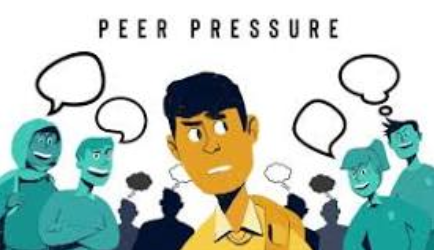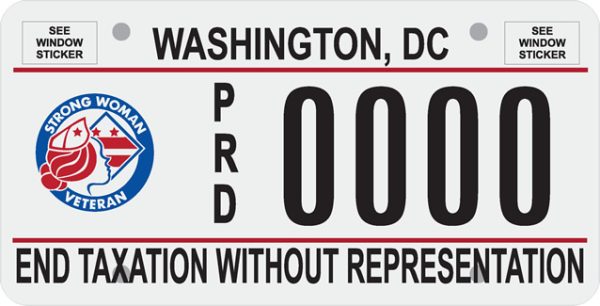Book Banning: Hurting or Helping Schools?
February 17, 2022
Book Bannings are Hurting Children Instead of Helping
As Americans, we have the freedom to choose how we live our lives. We have the right to say what we want, follow any religion we want, post what we want, protest for what we want, but apparently not the right to read the books that we want. Books surrounding certain topics such as race, sexuality, gender, the Holocaust, and more are being removed from the shelves of school libraries one by one.
Texas in particular is currently receiving a rush of requests for book removals. According to NBC News, nearly 100 school districts in the state have “revealed 75 formal requests by parents or community members to ban books from 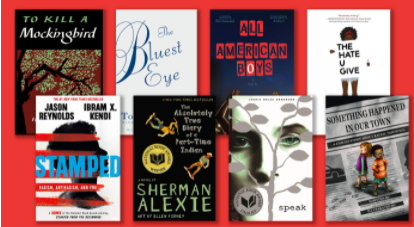 libraries during the first four months of this school year.” This time last year, only one instance of this was reported. Some of the titles being removed include “All Boys Aren’t Blue,” which depicts racial struggles, “Out of Darkness,” which includes multiple issues including race, “To Kill a Mockingbird,” which includes slurs, “Lawn Boy,” which is about a boy discovering his sexuality, and so many more. Parents state that these books are sexualizing children, forcing them to question their sexuality, and even encouraging reverse racism (racism towards white people), in a case where a parent requested the removal of a children’s biography of Michelle Obama.
libraries during the first four months of this school year.” This time last year, only one instance of this was reported. Some of the titles being removed include “All Boys Aren’t Blue,” which depicts racial struggles, “Out of Darkness,” which includes multiple issues including race, “To Kill a Mockingbird,” which includes slurs, “Lawn Boy,” which is about a boy discovering his sexuality, and so many more. Parents state that these books are sexualizing children, forcing them to question their sexuality, and even encouraging reverse racism (racism towards white people), in a case where a parent requested the removal of a children’s biography of Michelle Obama.
This movement, largely led by conservatives, is now being encouraged by Republican state officials such as Governor Greb Abbott. He is “calling for criminal charges against any school staff member who provides children with access to young adult novels that some conservatives have labeled as 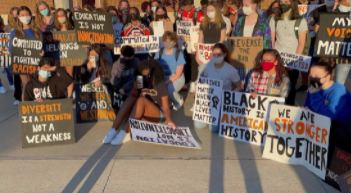 “pornography.”’ Texas State Representative Matt Krause is encouraging this by creating a list of 850 books focused on sexuality and racism that are said to “make students feel discomfort.” He is now asking for school districts to report if any of these books are found in their libraries. Other states including Kansas, Virginia, Missouri, Utah, and Florida are also being met with protests to remove books.
“pornography.”’ Texas State Representative Matt Krause is encouraging this by creating a list of 850 books focused on sexuality and racism that are said to “make students feel discomfort.” He is now asking for school districts to report if any of these books are found in their libraries. Other states including Kansas, Virginia, Missouri, Utah, and Florida are also being met with protests to remove books.
In a country built off of a foundation of freedom, where the freedom of speech and press are documented legal rights, it is detrimental to watch our leaders move us further back in history as we approach each new year. Banning books will do nothing but hinder our student’s success and knowledge in the future. These protestors claim that by taking away children’s access to these books we are saving them from discomfort. But as Yale University historian Timothy Snyder states: “Discomfort is part of growing up. … Teachers in high schools cannot exclude the possibility that the history of slavery, lynchings and voter suppression will make some non-Black students uncomfortable.” Sheltering these children from their history will do nothing but make them weak and ignorant. Details about slavery and the Holocaust may be gruesome, but is our country’s history nonetheless, and history cannot be erased. As a Quakertown English teacher explains, “Avoiding the mention of racist, violent, or sexual
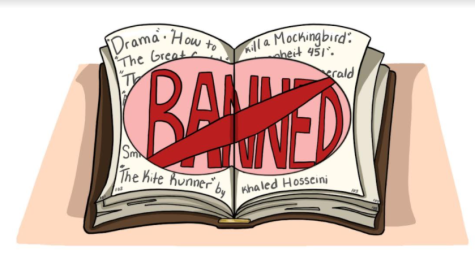
situations does not make these situations disappear. In fact, it lessens our ability as educators to help prevent future situations from occurring. Ultimately, as responsible teachers and leaders, we should assess a book’s age-appropriateness (much like ratings for movies or video games), but we should not ban a book simply because it mentions content that makes us feel uncomfortable because that uncomfortability can result in a highly teachable moment.”
Teenagers can benefit from reading about people who share similar issues with them. Seeing representations of sexuality, gender, sexual assault survivors, and race issues in books makes the topics resonate with the people reading them. The English teacher quoted above continues to explain his opinion on this topic by stating, “Reading books about LGBTQ+ characters and characters of different races helps in two ways: they allow students who do not identify as such to understand those who do (and hopefully, ultimately, empathize with them), and they allow students who do identify as such to see themselves represented.” Perhaps instead of immediately banning these topics from schools, these state “leaders” and “concerned” parents should try reading the books to truly understand their benefits.
Some topics are obviously too intense for students to read. Pornography and thorough details about the Holocaust may be too much for a child. But what needs to be understood is that different age levels should have access to different levels of texts. Fifth graders shouldn’t be reading certain books, but that does not mean that seventeen-year-olds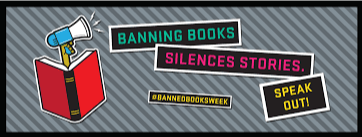 should have to be sheltered from them as well. Allowing state governors to rid their students of educational topics simply because of discomfort means allowing our country to remove more instances of our freedoms. We cannot make exceptions for our right to freedom of speech. If you support book banning, you may be supporting ridding us of our rights.
should have to be sheltered from them as well. Allowing state governors to rid their students of educational topics simply because of discomfort means allowing our country to remove more instances of our freedoms. We cannot make exceptions for our right to freedom of speech. If you support book banning, you may be supporting ridding us of our rights.









